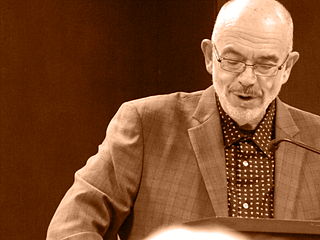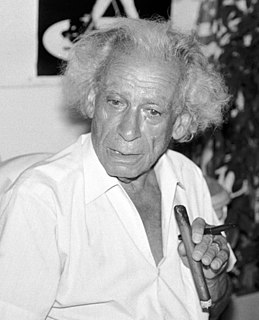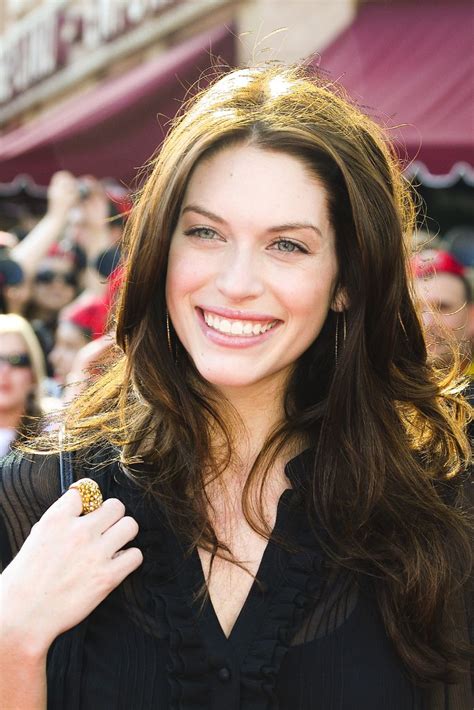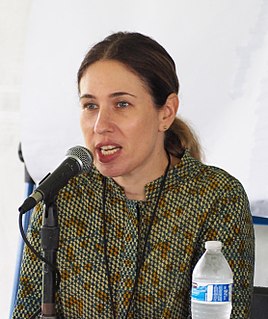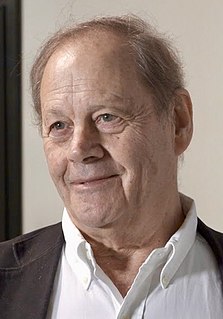A Quote by Wally Lamb
Dialogue comes naturally to me and I can hear the characters' voices in the scenes.
Related Quotes
What I like and find liberating in dialogue comedy is that the characters, and what they say, are not me. These are fleeting thoughts and observations and not presented as truths but as something that illuminates the character and the dynamic between the characters. This kind of dialogue is thesis and antithesis - and we never get to a synthesis.
I think right now is when we need to hear different voices coming out of all parts of the world. You can't just hear the politicians and the military leaders. You have to hear from the taxi drivers. You have to hear from the painters. You have to hear from the poets. You have to hear from the school teachers and the filmmakers and musicians.
